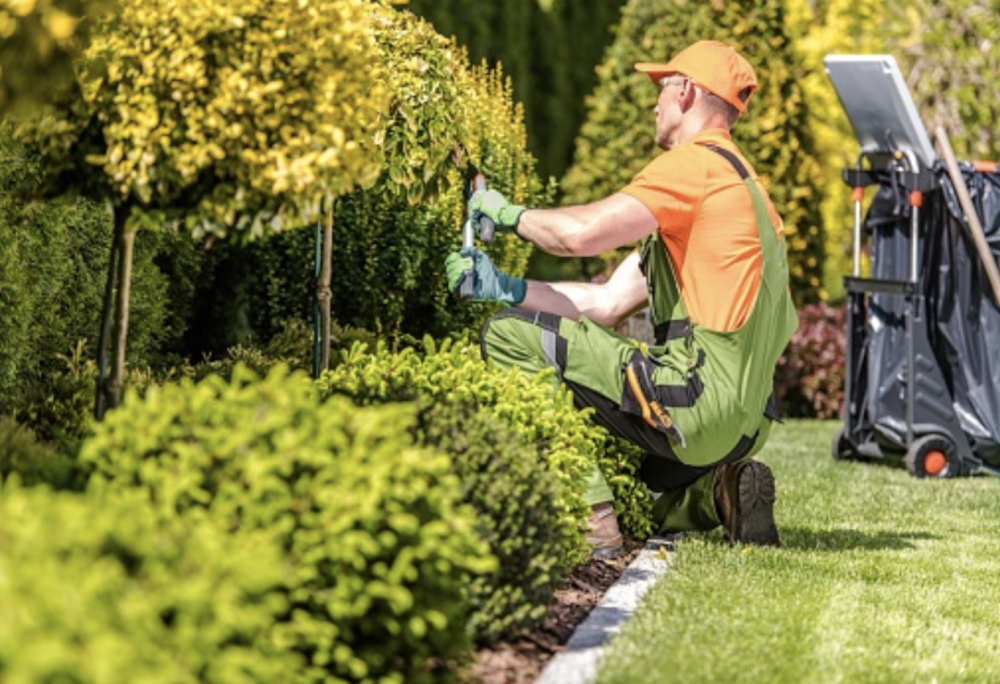Gone are the days when issues such as global warming and the general breakdown and devastation of wildlife and rainforests were easy to forget. These days, environmentally friendly businesses are sought after, and you are far more likely to gain repeat customers when you adhere to the eco-friendly feeling of the majority of responsible citizens.
Here are six ways to make your landscaping business significantly more eco-friendly:
1. Use Chemicals as Little as Possible
Chemical pesticides and strong weed killers certainly achieve the objective of keeping certain insects and plants at bay and away from your precious flowers, but at the extreme detriment to the ecosystem. The toxic ingredients in these types of substances can do lasting damage to the surrounding soil and can even contaminate the groundwater, not to mention killing innocent and productive bugs and insects.
2. Disposing of Garden Waste
Tipping the entirety of your full-to-the-brim skip into a landfill or even the local recycling center simply will not cut it. Branches and leaves that have been removed from a garden can be put in a compost pit, with the subsequent manure produced able to be repurposed for another gardening or landscaping project.
3. Build Water Conservation Structures
Landscape irrigation systems are one of the most environmentally friendly structures you can install when designing a client’s garden. Ensure any water sprinkler system you install is fitted with an automatic trigger to ensure no water is wasted. Other ways to conserve water when designing a garden are to add mulch to the soil, ensure the sprinkler system is set to water in the early hours of the morning, and always recycle the household water where possible, especially when working on the garden initially.
4. Only Use Peat-Free Compost
As a professional, educated landscape gardening business, you have a supreme responsibility to protect as much of the natural environment as possible, and one of the ways to ensure you are fulfilling this responsibility is to avoid using compost based in peat.
Peat has a variety of positive and useful roles in the conservation and maintenance of the environment, including a safe and prosperous place for wildlife to live and storing valuable carbon. The continuous use of peat-based compost is seriously harming the peatlands of the country, not to mention the rest of the world.
5. Invest in Quality Equipment That Lasts
The plethora of various different landscape gardening equipment and tools your business goes through means that the continuous replacement has an overall negative impact on the environment as a whole. Instead of cutting corners and buying cheaper equipment that will undoubtedly need replacing in under a year, instead invest in quality and long-lasting landscape gardening equipment from a professional and reputable supplier such as arbourlandscapesolutions.co.uk.
6. Encourage Your Clients
One of the most effective ways to make your landscape gardening business as environmentally friendly as possible is to educate and encourage your clients to continue to be as eco-friendly themselves.

